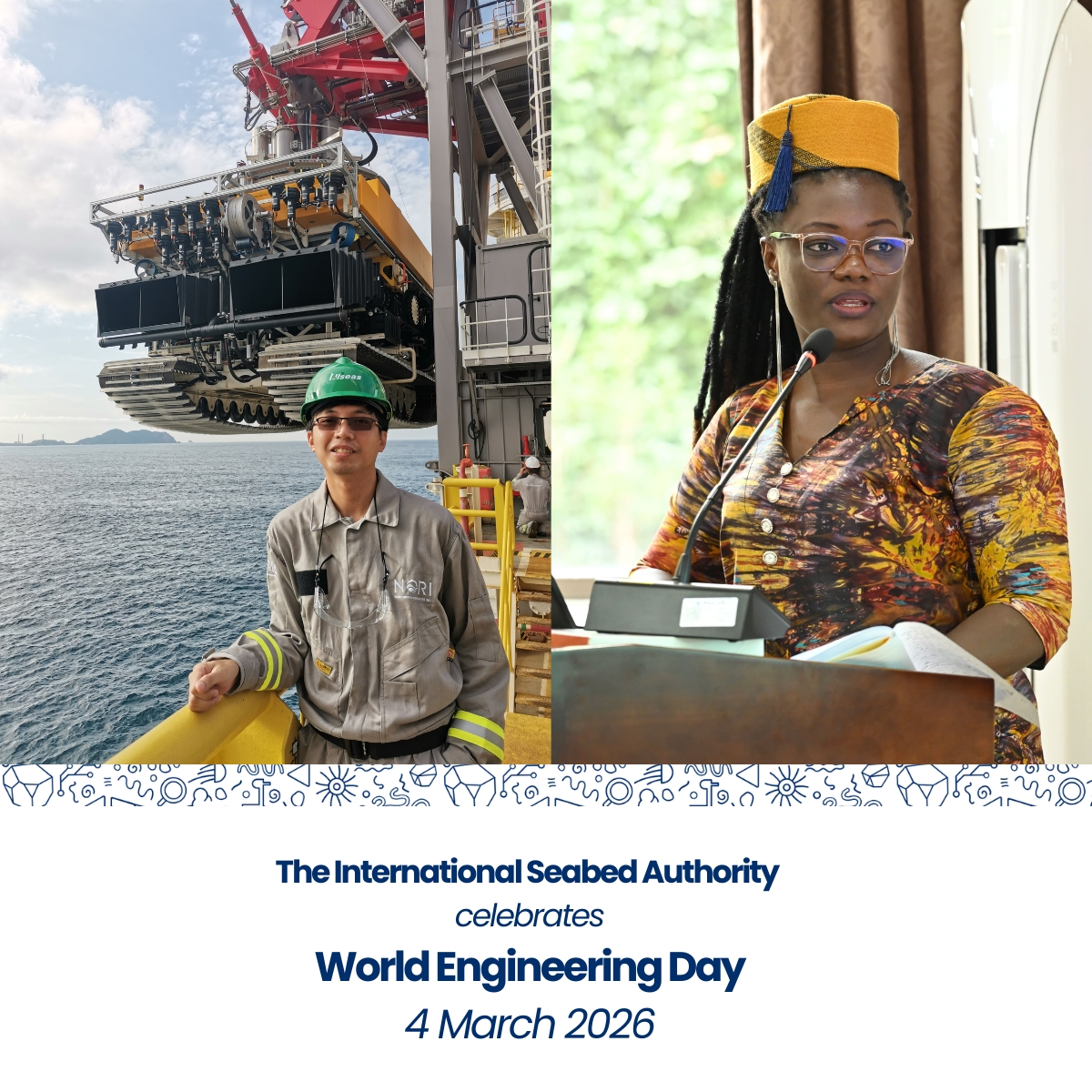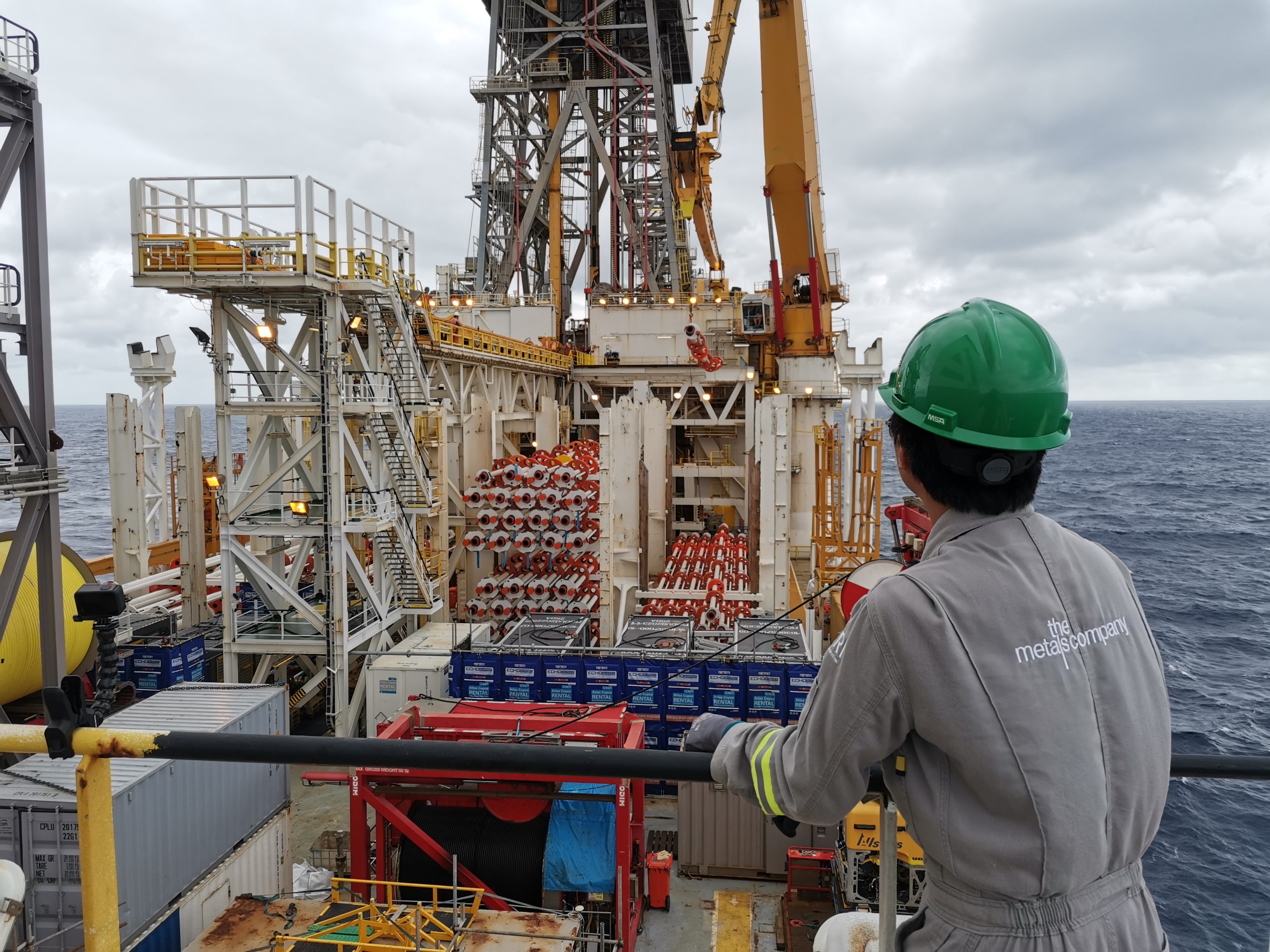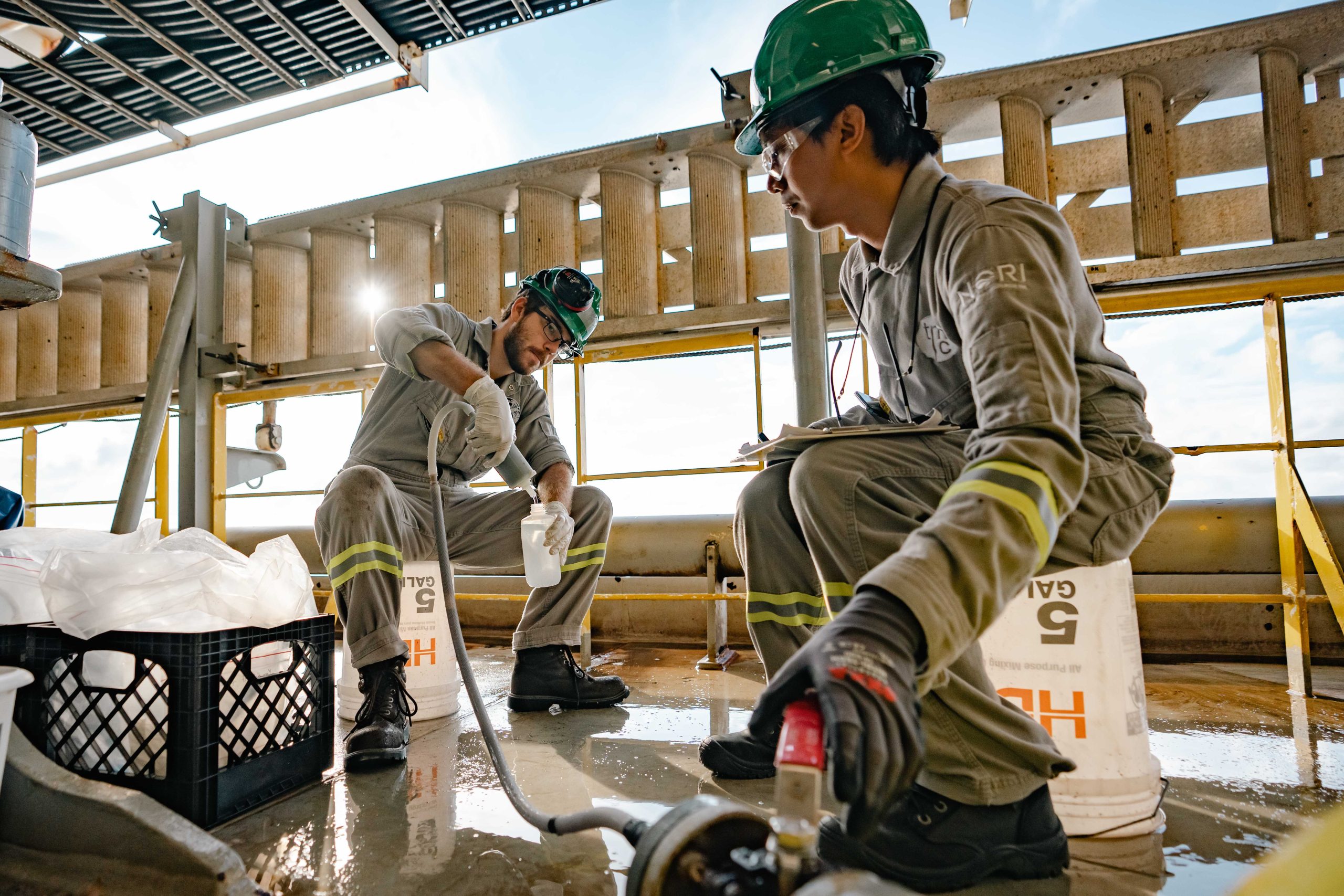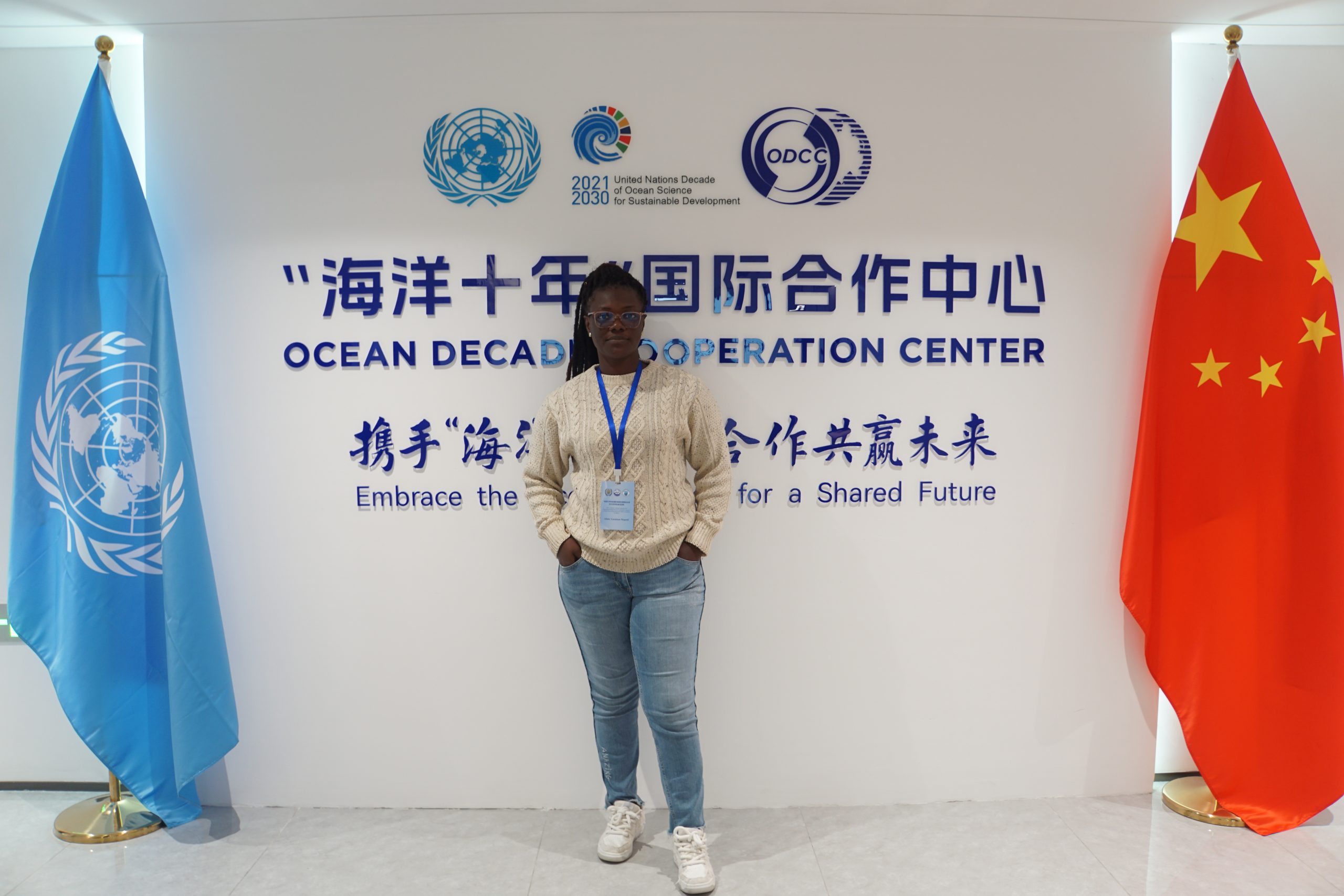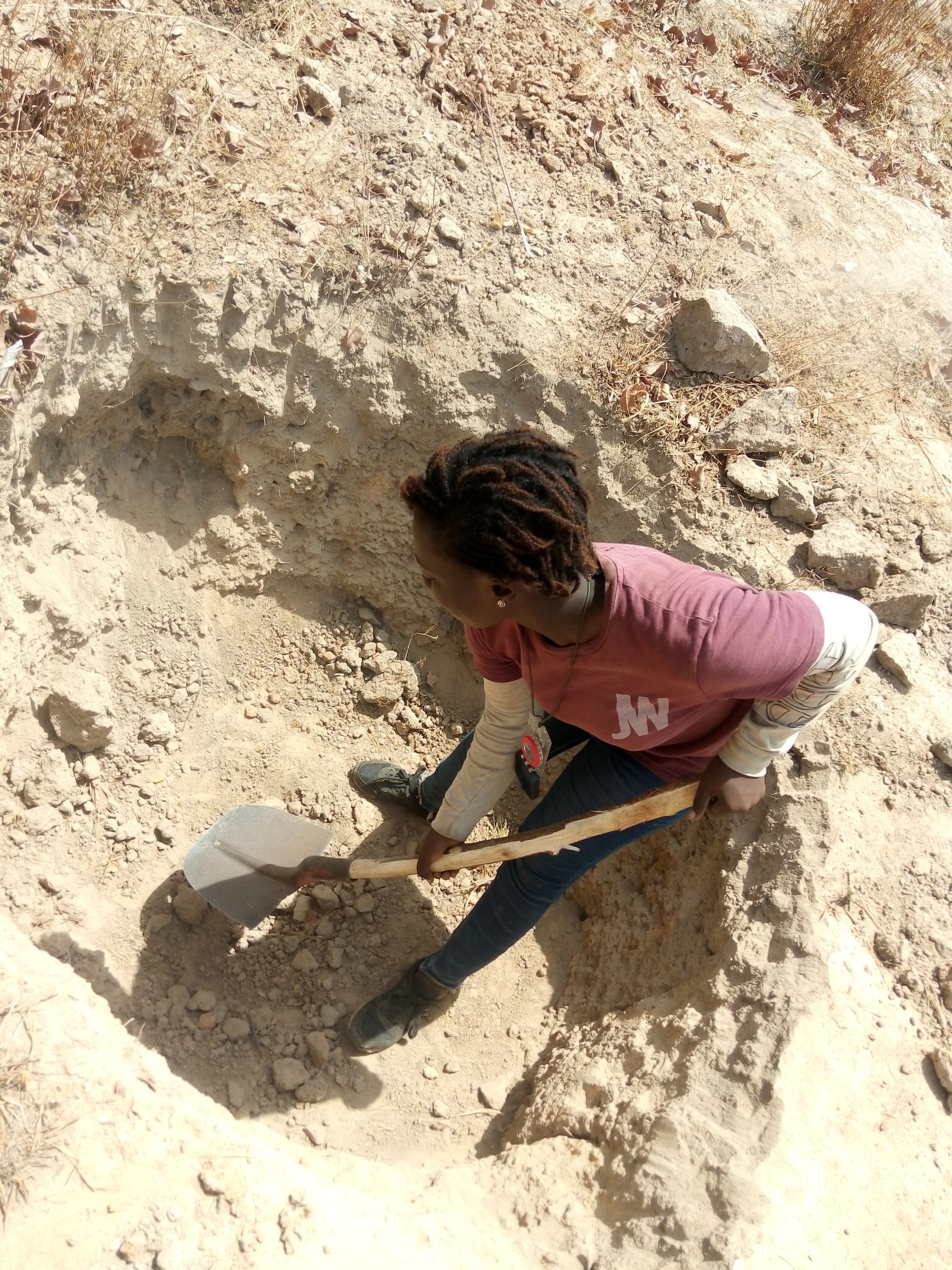Kingston, 4 March 2026 – On 4 March 2026, the world marks World Engineering Day, proclaimed by UNESCO in 2019 following a proposal by the World Federation of Engineering Organizations. The purpose of this international day is to celebrate the achievements of engineers and their essential role in advancing sustainable development. The 2026 theme, “Smart engineering for a sustainable future through innovation and digitalization,” turns the spotlight to the technologies and minds shaping solutions for a rapidly changing planet.
For the International Seabed Authority (ISA), the day resonates deeply. Responsible management of mineral resources in the Area depends not only on law and policy, but on the precision of sensors, the reliability of subsea systems and the integrity of data. For engineers like Jameal Magno of the Philippines and Allake Yasminan Maguidi of Benin, innovation is not abstract. It is a lived experience at the frontier of ocean science.
Jameal Magno is an engineering geologist whose career bridges geoscience and applied offshore engineering. Trained in geology in the Philippines, with a Master of Engineering in Geological Engineering in Indonesia and further international study in China, he now works in offshore energy, focusing on surface and subsurface characterization to support sustainable infrastructure. During his fellowship under the ISA Contractors’ Training Programme, Jameal participated in the NORI Pacific pilot nodule collection system trial in the Clarion-Clipperton Zone at depths exceeding 4,280 metres. There, he encountered one of the defining engineering challenges of deep-sea operations: understanding and refining sediment plume behaviour in an extreme and sensitive environment.
“At these depths,” he explains, “we are operating under hydrostatic pressures of more than 400 bar, near-freezing temperatures and complete darkness. But the greatest challenge was not only mechanical reliability. It was ensuring that sediment plume models accurately reflected what was happening in real time.”
Sediment plume modelling is central to environmental impact assessment, the bedrock of the ISA regulatory framework, ensuring that the common heritage of humankind is not compromised by irreversible ecological damage. Predictive simulations rely on assumptions about grain size, settling velocities, turbulence and ambient currents. Yet the abyssal seabed is heterogeneous and dynamic. Small errors in assumptions can lead to significant over- or under-estimation of plume dispersion.
What transformed the campaign, Jameal recalls, was the integration of advanced instrumentation with real-time engineering operations. More than 50 sensors were deployed across autonomous underwater vehicles, remotely operated vehicles, moorings and ship-based systems. For example, Acoustic Doppler Current Profilers, optical backscatter sensors and direct water sampling provided a multi-parameter data set that enabled engineers and scientists to validate and refine models during operations.
“This is where smart engineering becomes tangible,” he says. “We are moving from static predictive models to adaptive systems. Real-time data feeds directly into the model refinement process. It improves environmental transparency and strengthens accountability.”
Digital twin concepts, in which operational data continuously inform near-real-time simulations, are increasingly feasible even at abyssal depths. For Jameal, the lesson is clear: sustainable engineering is not defined by extraction capability alone, but by the capacity to measure, understand and improve how systems interact with complex natural environments.
For Allake Yasminan Maguidi, a mineral exploration geoscientist from Benin, the defining feature of deep-sea engineering is not only technical complexity, but regulatory responsibility. Holding a Master’s degree in Mineral Exploration Geoscience from the Pan African University of Life and Earth Sciences Institute (including Health and Agriculture), Paulesi, Ibadan, Oyo State, Nigeria, Allake’s academic work focused on resource geology, sedimentology and environmental management. Her participation in the ISA Contractors’ Training Programme with the COMRA-PMN Engineering Training Programme exposed her to the operational and governance dimensions of deep-sea research.
“What struck me most,” she reflects, “was how engineering in the deep sea must evolve within an international legal and environmental framework. Sustainability is not an afterthought. It shapes design from the beginning.”
At depths of several thousand metres, equipment must endure extreme pressure while operating with high precision. Automation, advanced materials and digital monitoring systems are essential for reliability. Yet under the ISA mandate, performance alone is insufficient. Systems must be traceable, transparent and capable of integrating environmental monitoring into operational control.
Innovation and digitalization, she notes, are transforming risk management. High-resolution sensors monitor turbidity, sediment dispersion, temperature and chemical parameters. Real-time data transmission allows immediate observation of environmental responses. AI-assisted modelling and digital twins enable engineers to simulate deployment scenarios and anticipate impacts before equipment enters the water.
“Digitalization shifts operations from reactive to adaptive,” Allake explains. “It strengthens precautionary management and embeds environmental protection within engineering design.”
Both Jameal and Allake emphasize that technical progress must be matched by global inclusion. The Contractors’ Training Programme expanded their technical skills and also connected them to international networks of scientists, engineers and policymakers.
For Jameal, collaboration between scientists and engineers was a defining insight. Data from pilot trials are submitted to the ISA DeepData database, contributing to collective knowledge that informs regulatory development and environmental standards. Sustainable engineering, he argues, cannot be developed in isolation.
Allake stresses the importance of capacity-building for developing states. Expertise and infrastructure in deep-sea engineering are concentrated in relatively few countries. International training programmes help reduce knowledge gaps and mitigate the risk of brain drain by fostering long-term professional networks.
“As professionals from developing countries, we bring resilience and perspective,” she says. “Inclusive participation is essential for equitable ocean governance.”
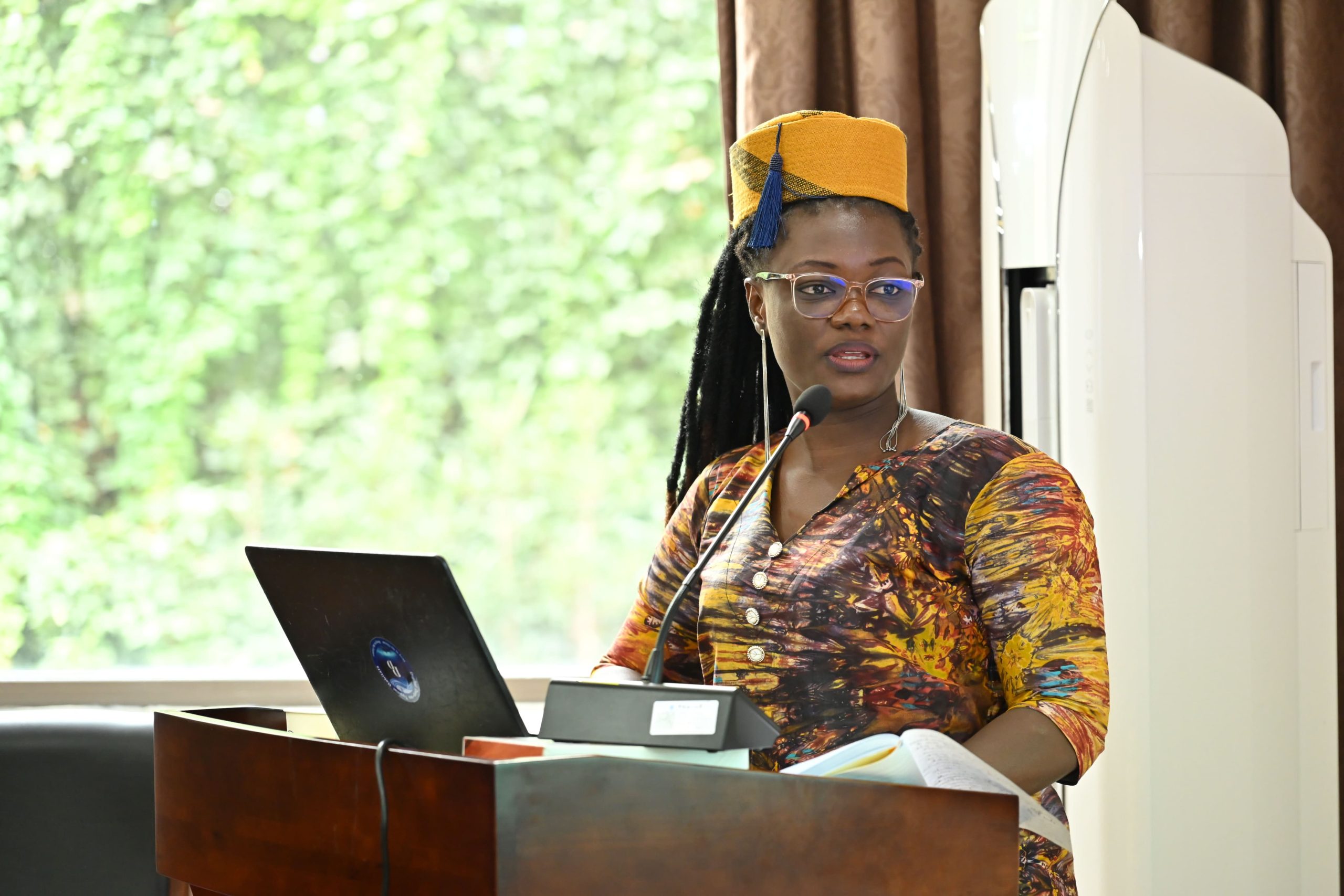
Looking ahead, both see interdisciplinary fluency as the most critical skill for the next generation. Future deep-sea engineers must combine strong foundations in marine systems and materials science with digital literacy, systems thinking and environmental awareness. They must be comfortable navigating the intersection of science, engineering and policy.
Jameal encourages young engineers, particularly women and those from developing countries, not to see limited access as a limit to potential. “Confidence, curiosity and persistence are powerful equalizers,” he says. “The sector is evolving towards greater international cooperation. Diverse perspectives are not optional. They are necessary.”
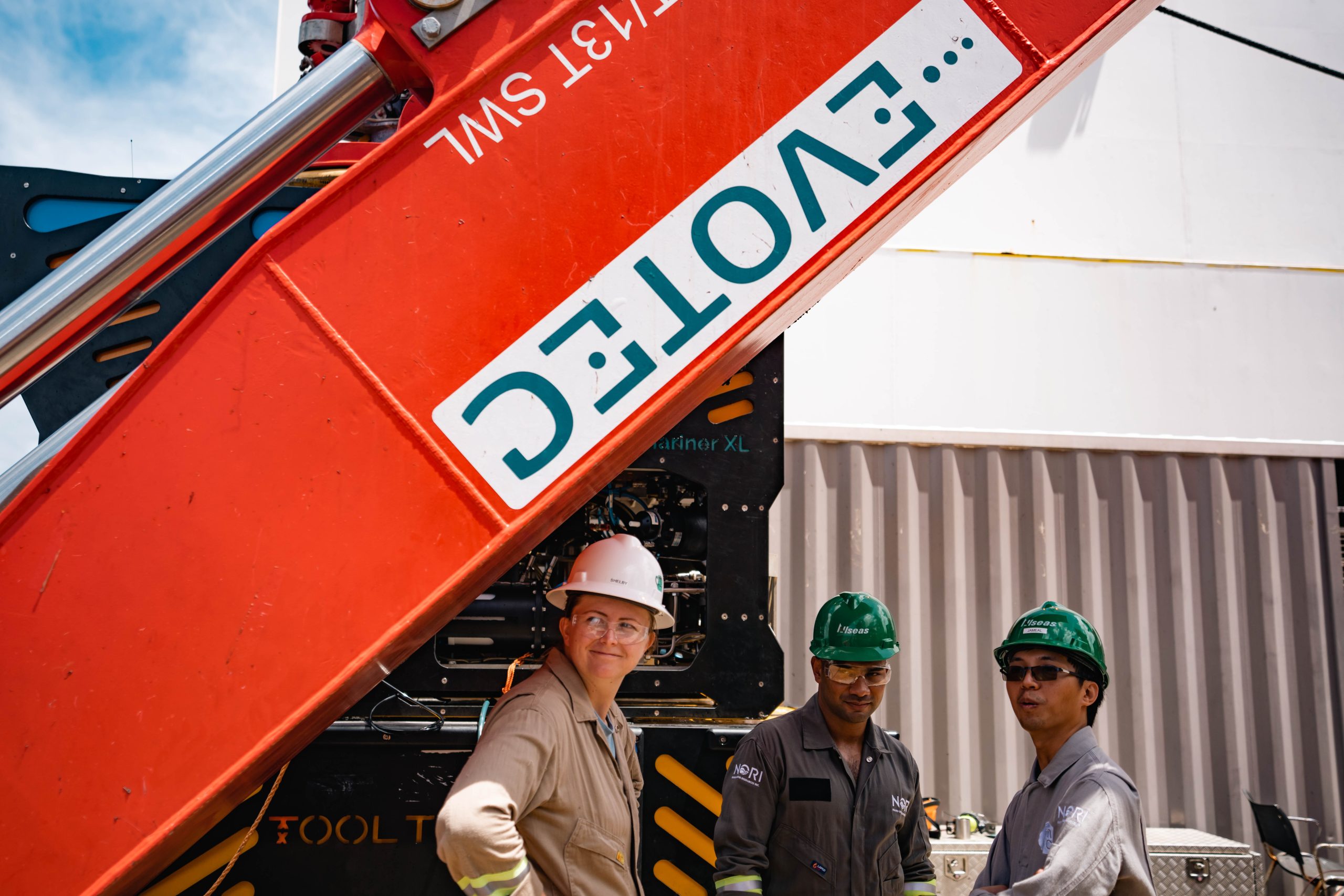
For Allake, success is measured not only by technical achievement but also by impact across professional, national and global dimensions. It means contributing to evidence-based dialogue, supporting sustainable resource management and ensuring that developing states are active participants in decision-making forums.
As World Engineering Day 2026 highlights innovation and digitalization, the work of engineers like Jameal Magno and Allake Yasminan Maguidi illustrates how “smart engineering” operates in practice. In the deep ocean, innovation is inseparable from responsibility. Sensors, data systems and digital models are not merely tools of efficiency. They are instruments of stewardship.
For the ISA, whose mandate is to manage resources of the Area for the benefit of humankind, engineering excellence is a prerequisite for credible governance. Without rigorous data, adaptive design and inclusive capacity-building, regulatory frameworks cannot be safely implemented.
On 4 March 2026, as engineers gather globally, including at the flagship celebration in Jakarta, their work stresses a simple truth. The future of sustainable ocean management will be shaped not only by policy debates but by the integrity of engineering systems and the values embedded within them.
In the deep sea, smart engineering is more than innovation. It is the bridge between technology, transparency and the shared responsibility to safeguard the common heritage of humankind.
About ISA
ISA is an autonomous intergovernmental organization mandated by the United Nations Convention on the Law of the Sea to manage the mineral resources of the seabed beyond national jurisdiction for the shared benefit of humankind. ISA is committed to ensuring that all economic activities in the deep seabed, including mining, are regulated and responsibly managed using the best available scientific evidence for the benefit of all humankind.
For media inquiries, please contact:
ISA Communications Unit, news@isa.org.jm
—————
For more information, visit our website, www.isa.org.jm


